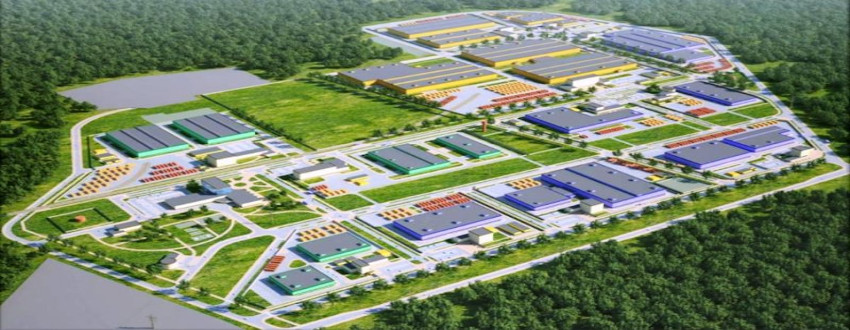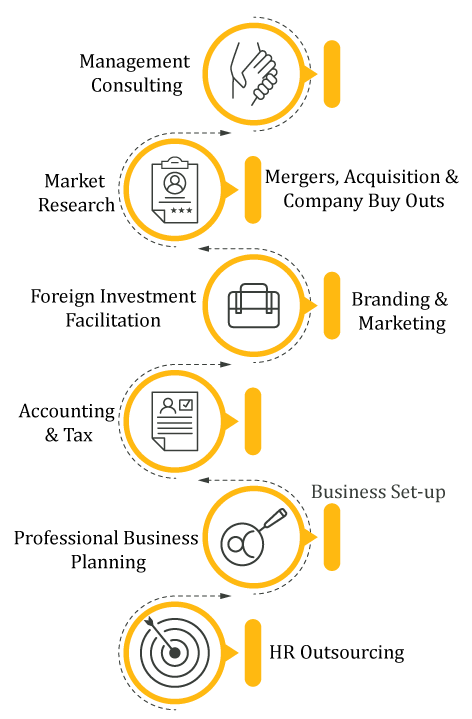How to set up in a Special Economic Zone in Kenya
Special Economic Zone in Kenya – The Special Economic Zones were set up in Kenya as a push towards achieving Vision 2030 which is meant to transform the country towards an industrialized middle-income country to provide a high-quality life for its citizens by diversifying manufacturing activities, creation of employment, increasing the trade balances and boosting our investment profile.
The motive behind this is to create an environment that will provide a space for the development of integrated infrastructure facilities, create incentives for economic and business activities and remove barriers to generate profits which is why they came up with the zones. The zones are expected to cut down on key cost drivers such as transport with the hope that the surplus funds would go towards value addition and knowledge transfer.
An Special Economic Zone in Kenya is governed by the Special Economic Zone Act of 2015 and the Special Economic Zones Regulation of 2016 which both define it as, “ a designated area where business enabling policies, integrated land uses and sector on-site and off-site infrastructure and utilities shall be provided or which has the potential to be developed whether, on a public, private or public-private basis where any goods introduced are regarded in so far as imports duties and taxes are concerned as being outside the customs territory and wherein the benefits under this Act apply”.
The enterprises that are in the SEZ live in a jurisdiction bubble where they enjoy both tax and fiscal benefits. For customs purposes, any supply or good from the country to the zone is considered an import and any supply out of the zone into the country is considered an export.
The Special Economic Zone in Kenya cover the following sectors:
- Agricultural Zone; which will facilitate the agricultural sector.
- Business Service Parks; It will facilitate the provision of services such as advisory services.
- Free Trade Zone; It will provide an area where goods are off-loaded for transshipment and storage
- Business Processing Outsourcing (BPO); Provides outsourcing activities such as back-office support.
- Livestock Zone; The area will involve livestock-related activities, for example, livestock feeding, etc.
- Freeport zone; An area that will be for goods that are considered to be outside the customs territory.
- Industrial Parks; Integrated infrastructure to facilitate manufacturing and processing industries.
- Science and Technology Parks; Facilitates the science and technology sector
The zones have been set up in Mombasa, Lamu, Kisumu and even in Nairobi at Tatu City where they have location advantages and are expected to also exploit certain factors of production advantages such as access to raw materials, power, markets, cheap labor, etc.
For you to set up an enterprise in the Special Economic Zone, you need to have the business already registered and should be involved in the following activities:
- Manufacturing
- Service Activities
- Trading Activities
- Other business Activities.
However, the tax and fiscal incentives are given to companies that indulge in the core activities such as manufacturing while the ones undertaking support activities do not qualify.
The companies indulging in core activities qualify for tax exemptions, Duty exemptions, work permit facilitation and protection and repatriation of profits.
Some of the tax benefits include the following;
- These companies will be subject to a Corporate tax rate of 10% for the first 10 years and 15% for the subsequent 10 years.
- They will be exempted from Value-added Tax.
- Exemptions from duties and taxes that are under the East Africa Community Customs Management Act of 2005 and subsequent amendments.
- Exemption of license fees, stamp duty and advertisement fees at the County government level.
- Normal 150% investment induction for investments outside Kisumu, Nairobi, and Mombasa for Investments of more than Ksh 200 Million.
- There is a waiver of exchange controls for the repatriation of profits and capital to the parent company
According to the Special Economic Zone Act, the stakeholders and the parties that are allowed to set up shop in the Special Economic Zones are given the following licenses to operate;
- Developer License
This license is given to the entity which usually are in the private sector to develop infrastructure on the land that they are allocated to by the Kenyan government.
- Operator License
This license is given to the entity that engages in the management of the facilities in the zone.
- Enterprise License
This is a corporate body that has been licensed to operate in the zone and may engage in activities that add value or knowledge transfer such as manufacturing, trade or any other activity.
- Business Service Permit
This is provided to the entities that are indulging in supporting the companies that are undertaking the core activities.
Contact us today for more information and support on setting up your business in a Special Economic Zone in Kenya.






